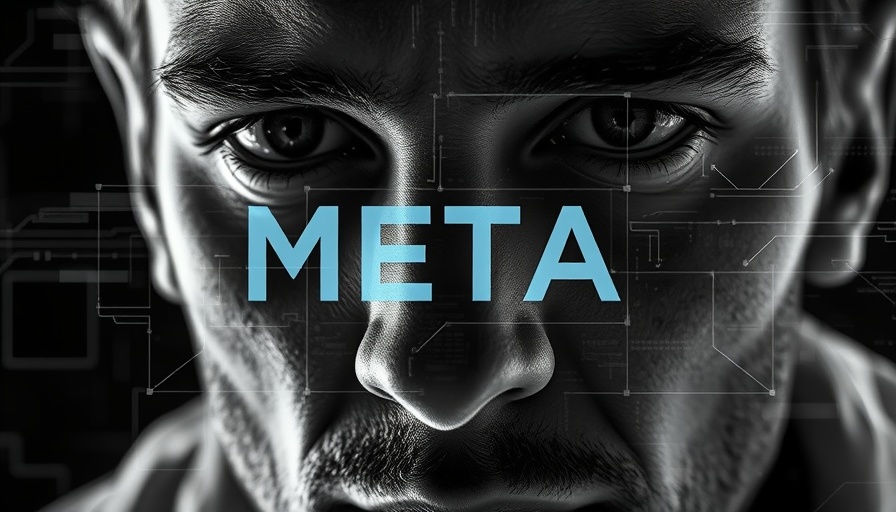
The Rise of AI Cheating Tools: A New Era in Education?
In an age where technology is rapidly transforming industries, a controversial startup called Cluely has emerged, spearheaded by 21-year-old Chungin “Roy” Lee. After being suspended from Columbia University for developing an AI tool intended to assist in job interviews, Lee has successfully raised $5.3 million in seed funding. This funding supports Cluely, which aims to allow users to ‘cheat on everything’—from job interviews to exams, utilizing a hidden AI assistant.
The uproar comes not only from the provocative nature of the product but also from the ethical dilemmas it presents. Cluely’s manifesto analogizes its tool to innovations like calculators and spellcheckers—tools that were once vilified but eventually accepted as commonplace. Yet, the distinction lies in the intent of use: where traditional tools augment skills and learning, Cluely's offerings threaten to undermine the integrity of assessments and interviews.
The Line Between Innovation and Dishonesty
As Cluely has taken off, reactions have been mixed. Critics label the concept as reminiscent of disturbing narrative tropes from shows like “Black Mirror,” highlighting a fear that such tools enable deceit rather than foster genuine skills. Conversely, supporters argue that Cluely challenges outdated practices, like traditional technical interviews that rely on memorization of coding questions found on platforms like LeetCode.
Future Ramifications for Work Ethics
The implications of Cluely’s success may extend beyond personal consequences for its founders, suggesting broader disruptions in employment practices. With major companies like Amazon stating their candidates must refrain from using unauthorized tools, the dilemma is profound: will companies adapt to filter out candidates using AI, or will such tools become normalized as part of job preparation?
A Precursor of What's to Come
Cluely is not alone in this landscape; various AI startups are emerging with similar technological foci, raising pertinent questions about the role of ethics in the growing adoption of AI. As society grapples with the implications of these advancements, the conversation around AI tools in work environments, particularly in terms of fairness and meritocracy, is becoming increasingly urgent.
Ultimately, as we navigate this uncharted territory, it’s essential to consider the long-term societal effects such innovations will mount. If AI can easily circumvent traditional barriers to success, what does that say about effort, honesty, and fairness in the workplace?
 Add Row
Add Row  Add
Add 




Write A Comment